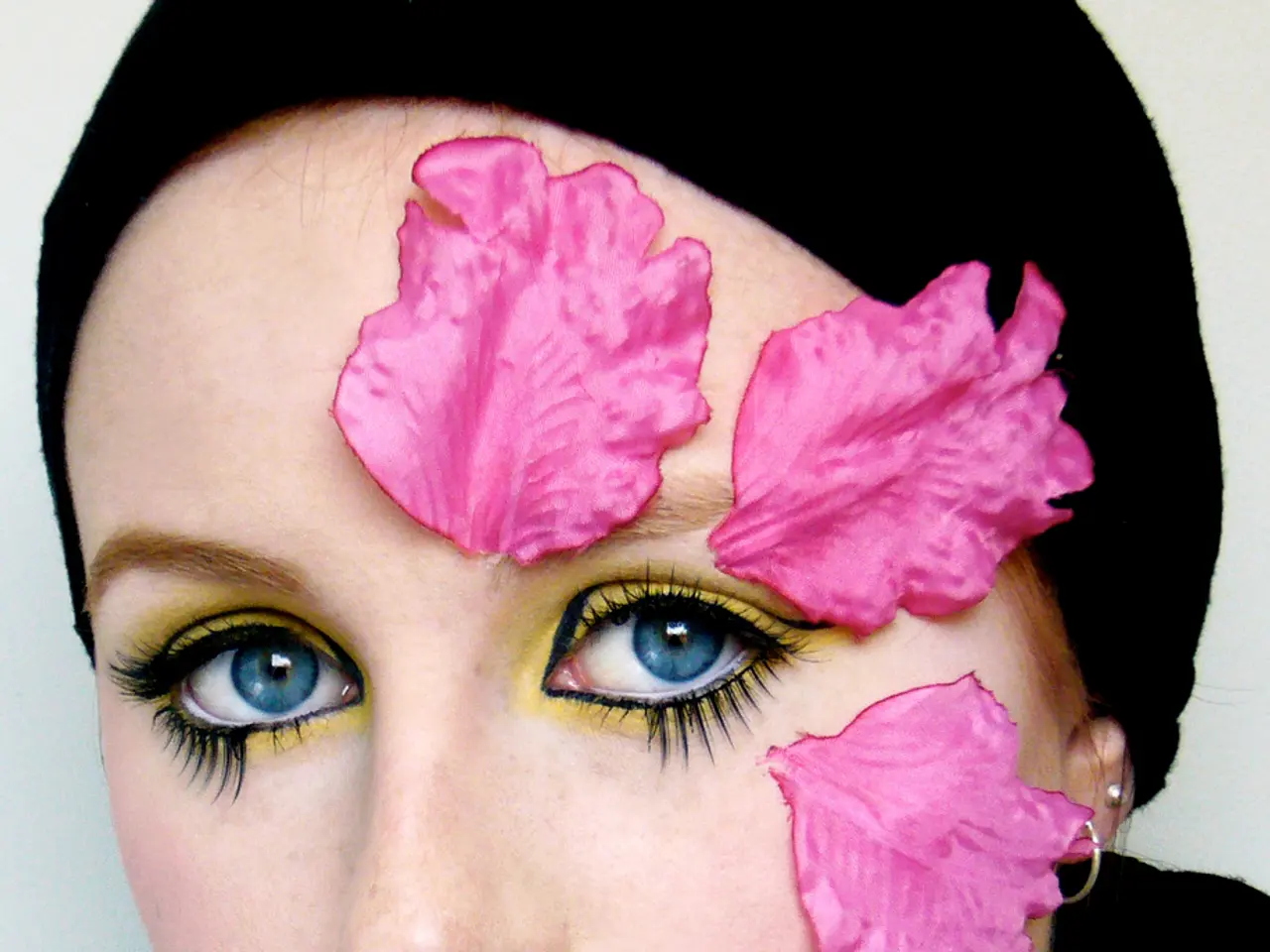Investigating Perspectives of Patients Undergoing Aesthetic Procedures
In today's world, discussions about cosmetic procedures are becoming more open and honest, helping to demystify the subject within friend groups and support circles. These conversations can enlighten us, fostering a more empathetic understanding of the motivations behind these choices.
The impact of cosmetic surgery extends beyond the physical alterations. It can influence career opportunities and personal relationships, creating a ripple effect that is often overlooked. For instance, a woman at a community gathering underwent weight loss followed by body contouring to feel empowered, demonstrating how cosmetic surgery can transform into a celebration rather than simply an alteration.
Sharing personal experiences in cosmetic procedures often fosters bonds of understanding and empathy. Sarah, an artist, expressed how her newfound confidence after breast augmentation revitalized her artistic expression and enriched her personal relationships. Similarly, Tom had a dental makeover and emerged with a radiant grin and newfound enthusiasm for life.
However, it's essential to approach these conversations with curiosity and compassion. Everyone should feel empowered to ask questions, express concerns, and explore alternatives before undergoing cosmetic surgery.
Cultural perceptions and societal expectations play a significant role in the decision to undergo cosmetic surgery. These factors shape what is deemed desirable or acceptable in appearance, often linking beauty to social success, status, and happiness. For example, in South Korea, cosmetic surgery is highly popular and culturally ingrained, partly due to beauty standards promoted by K-pop and K-drama influences.
In collectivist societies like Kuwait, social approval and subjective norms are powerful drivers encouraging cosmetic procedures. However, cultural standards of beauty are not static; they vary widely between societies and change over time, reflecting shifting values and social norms. Media and social platforms further reinforce specific beauty ideals, often promoting narrow and sometimes ethnically biased standards.
Psychologically, beauty is associated with social belonging, identity, and reward. Being perceived as attractive can enhance social status, trigger dopamine-based reward pathways, and contribute to feelings of happiness and significance. Due to cultural conditioning, many people internalize the belief that physical appearance directly correlates with personal worth and happiness, thus linking cosmetic surgery to the pursuit of these emotional and social benefits.
However, it's crucial to remember that what's more vital is the feeling of well-being that accompanies cosmetic surgery, rather than just looking good. Laura underwent rhinoplasty to reclaim her self-esteem, demonstrating that cosmetic surgery can lead to a holistic enhancement of one's quality of life.
For those interested in learning more about cosmetic surgery, an external resource is available: Europe Surgery.
Annual beauty pageants in the speaker's hometown celebrate diverse beauty while subtly emphasizing specific aesthetic ideals. Stories like Sarah's illustrate that the beauty of the cosmetic surgery journey often resides in its aftermath, with unexpected joys stemming from these choices.
In summary, cultural and social forces define and enforce beauty standards, driving individuals toward cosmetic surgery as a means of achieving happiness through increased social acceptance, career advantages, and enhanced self-esteem. These factors perpetuate a complex relationship where beauty is both a social construct and a pathway to perceived well-being.
- Photography can capture the transformation, both physical and emotional, that results from cosmetic procedures, providing visual evidence of the impact they have on an individual's life.
- Fashion and beauty industries often collaborate with media outlets to promote ideas of beauty, influencing public perceptions and expectations of appearance.
- Health-and-wellness and mental-health professionals can play a crucial role in guiding individuals seeking cosmetic surgery, ensuring they approach the decision with a clear understanding of potential outcomes and risks.
- Education-and-self-development platforms and resources can provide valuable information for those considering cosmetic procedures, helping them make informed decisions and navigate the process with confidence.
- Personal-growth journeys can be sparked by cosmetic procedures, as individuals gain a renewed sense of self-confidence and purpose, leading to improved relationships and opportunities in various aspects of life.




